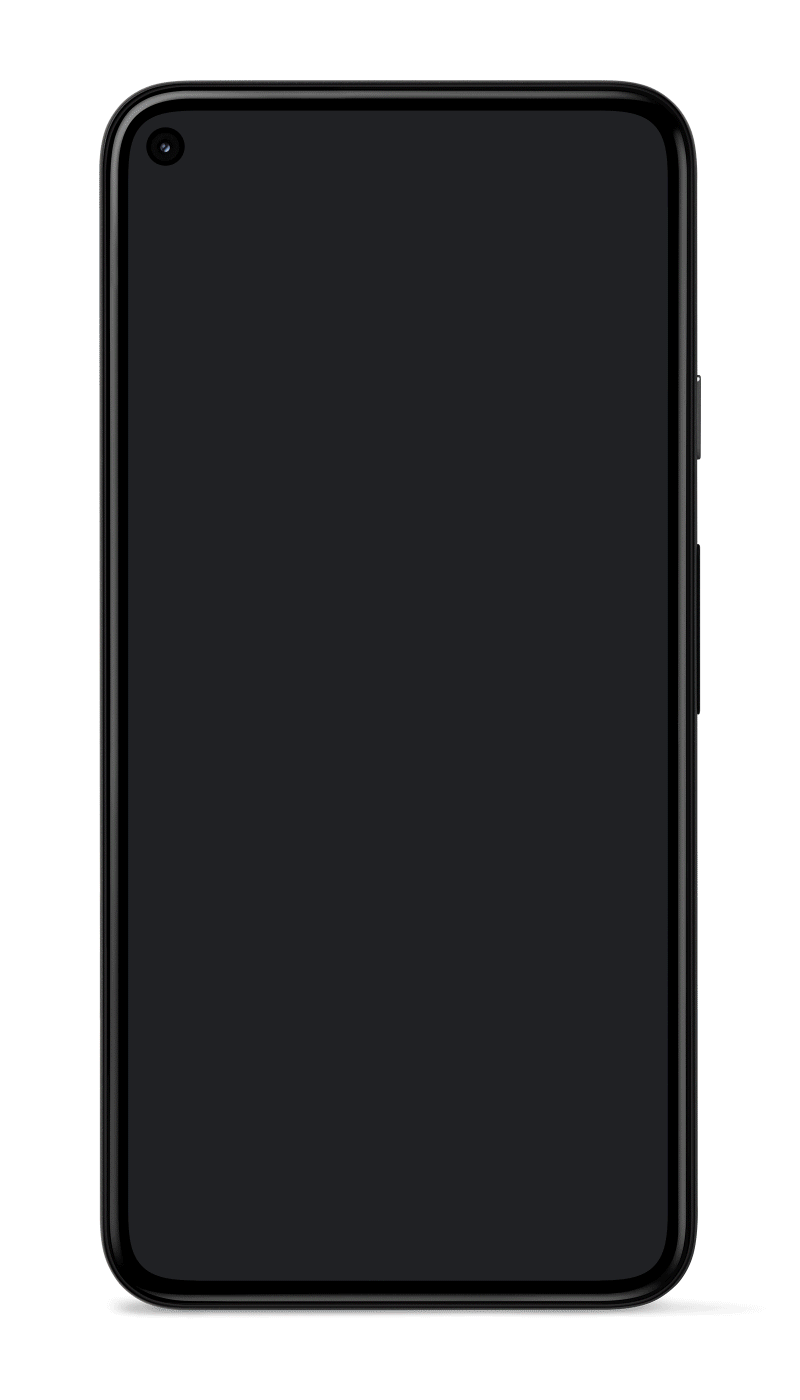How to Master Google’s AI Phone Call Features
Your Android phone can do a lot of fancy tricks, from making reservations with Duplex or screening calls. Here’s how to…
You can turn the feature on in the Phone app under Settings > Spam and Call Screen > Call Screen. From here, if you enable automatic call screening, then whenever you receive a phone call from certain phone numbers, your phone won’t ring and you’ll instead get a silent notification telling you that Google is currently screening a phone call.
What type of phone numbers will get screened? That’s up to you. In general, anyone in your contacts should get through, but there are four categories of calls you can screen up front: spam, “Possibly faked numbers” (presumably Google uses its fancy tech to figure this out), phone numbers that are calling you for the first time, and private or hidden numbers. For each of these categories, you can choose to either let them ring your phone (more on that option below) or screen the call and let Google automatically decline robocallers for you.
Depending on how much you make phone calls, you should weigh each of these options carefully. Google’s system isn’t perfect–as mentioned above, Google has classified legitimate phone calls from Comcast about my service as spam before–and even when it works, you can forget that you have it turned on and accidentally reject or screen a call that you should’ve taken.
In my own case, I once accidentally screened a phone call from an interview subject whose number wasn’t saved in my phone. They had never encountered Google’s call screen before, assumed they had called the wrong number, and hung up. And because my phone didn’t ring, I missed that it happened until it was too late for the interview. Your mileage may vary, but if you regularly make a lot of important phone calls, you might want to consider an alternative way to use Call Screen.
Or: Screen Phone Calls Manually
If you’d rather not hand too much control over to Google, then manual call screening is a great option. You don’t have to do anything special to activate this one. Instead, when you receive a phone call, you’ll have an additional button. On top of being able to answer or reject the call, you can ask Google to screen the call for you.
When this happens, Google will ask the person on the other end of the line to identify themselves for you. Their answer will then be transcribed into text for you, which you can read as it’s being said. The feature will offer you options for basic follow-up questions, and if it looks like the call isn’t worth your time, you can press the red hang-up option and Google will tell the other person that you’re not available before ending the call.
At any point, however, you can pick up the call and take over from Google. You’re never trapped waiting for Google to finish a sentence, and you’ll be immediately connected with the person on the other end. This is perhaps Google’s most useful calling feature, as it lets you filter out automated calls or telemarketers. While it’s still possible for legitimate callers to get confused, the feature generally explains itself well enough to the person calling you that they get how to interact with it and get through to you without too much trouble.
Let Google Stay on Hold for You
Sitting on hold is the worst. But if a customer support line is going to use an automated system to make you wait until it’s ready for you, why not use the same tactics yourself? Hold for Me is a Google phone feature that will listen to the other side of the phone call (it doesn’t listen through your microphone) and identify when a customer service agent has picked up the phone, at which point it will ring to let you know that you can continue the call.
Like manual call screening, this one is incredibly helpful without being too cumbersome to use. While the feature is holding for you, a live transcription of anything that’s said will appear on your phone. This helps make sure you don’t miss anything important, without demanding your attention. In general, it seems pretty good at figuring out when to bring you back onto the line. If, for example, the automated system needs more information from you to proceed through the support tree, your phone will also ring.





